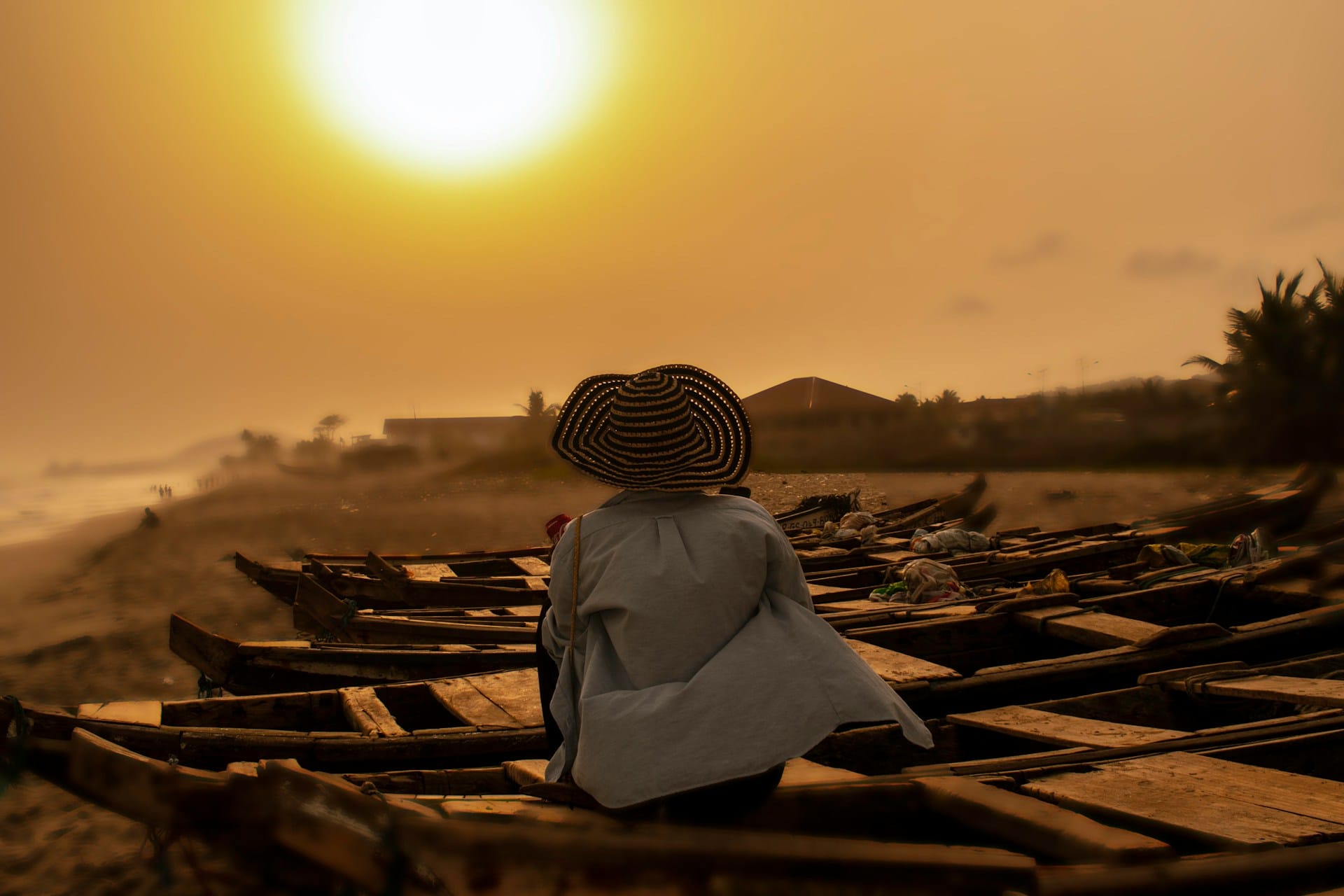Damage to multiple subsea internet cables off the African coast is disrupting internet services across the continent – with network providers invoking Force Majeure owing to several deepsea cable cuts and full repairs of the damaged cables estimated to take five weeks.
Millions of businesses and individuals were left without internet after the ACE, MainOne, South Atlantic 3, and West Africa Cable System were all hit by the incident on Thursday, with outages and connectivity issues ongoing for ISPs and mobile network operators across at least eight West African nations, including Africa’s most populous country, Nigeria.
The 17,000km-long ACE cable alone serves over 450 million people.
Microsoft 365 applications were among those heavily affected. Microsoft said that a preliminary root cause showed “multiple major fiber cables which manage requests in and out of the Africa region are broken.”
See also: Judy Nguru on building co-location DCs in frontier markets like DRC

Ghana’s National Communications Authority said: “The subsea cable landing service providers have remotely identified the approximate locations of the damage and have made preparations to dispatch repair vessels to the location for physical assessment and restoration.Based on the above, the subsea cable landing service providers have indicated an estimated time frame of a minimum of five (5) weeks for full service restoration from the time the vessels are dispatched to the various locations,” adding that it “encourages MNOs, Internet Service Providers, and all other providers to actively participate in the operations of the Ghana Internet Exchange (GIX) in order to ensure an efficient local content delivery and a seamless Internet traffic exchange locally.”
(As The Stack published, GIX’s website was not online…)
One Nigerian web designer, Caleb Popoola, told The Stack that over the weekend internet had been intermittent and even when up, hugely slow: “For instance if one tried to access Twitter (X), images weren't loading, accessing websites and applications [in general] was a nightmare…”
MainOne, owned by Equinix, said: “Investigations have revealed that the fault occurred due to an external incident that resulted in a cut on our submarine cable system, in the Atlantic Ocean between Senegal and Cote D’Ivoire, offshore the coast of West Africa. This has disrupted MainOne services south of Senegal through to Nigeria… we are working tirelessly to make available restoration capacity for temporary relief, subject to availability and service configuration specifics… actions have been taken to mobilize a vessel to expeditiously repair the cable in the deep ocean.”
Microsoft added in a status update: “We've added the additional network capacity, however, there has been a slight amount of instability in the newly added links. We're working with the partner carriers who manage the fiber cables to investigate the issues. Additionally, we're planning to add additional fiber links within the region over the weekend, and then further capacity into next week. We're in the process of removing some background throttling that was initially applied to the Exchange Online services to reduce service load. Once our additional capacity is stable, we plan to re-enable Azure Front Door (AFD) routing within the South Africa region to improve some application performance.”
The cause may have been subsea geological movement.
As Bloomberg noted: “Last year, the West African Cable System, along with another pipe – the South Atlantic 3 – were damaged near the mouth of the Congo River following an undersea landslide. The loss of the cables knocked out international traffic traveling along the west coast of Africa and took about a month to repair.”







